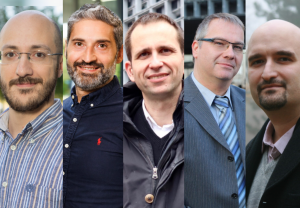After five years, the Faculty of Science, Technology and Medicine (FSTM) is delighted to announce the appointment of new Heads of Department for its five core departments: Computer Science, Engineering, Life Sciences & Medicine, Mathematics and Physics & Materials Science. The newly appointed heads bring fresh perspectives and a shared commitment to excellence. Their leadership will play a vital role in advancing the faculty’s research, educational programmes, and innovation in their respective fields.
Department of Computer Science
Prof. Jean-Sébastien Coron has been elected as the new Head of the Department of Computer Science (DCS).
His key priorities are to enhance research excellence through strategic faculty recruitment, ensure high-quality teaching amid growing student enrollment, and strengthen both interdisciplinary and industry collaborations.
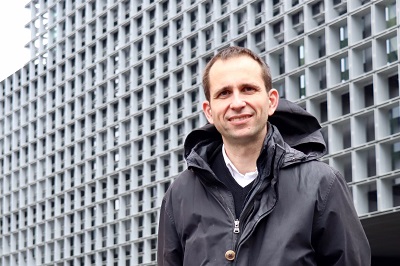
What will be your priorities as the new Head of Department of Computer Science?
As the new Head of the Department of Computer Science (DCS), my primary priority over the next five years is to strengthen research excellence by expanding our faculty with top-tier researchers in artificial intelligence, cybersecurity, and high-performance and quantum computing. With several upcoming retirements, this is a crucial opportunity to rejuvenate the department while maintaining a strong focus on scientific impact, high-quality publications, and competitive funding acquisition (e.g., ERC grants). Additionally, fostering interdisciplinary research and enhancing collaboration with industry and public institutions will be key to increasing the department’s visibility and influence.
Another major priority is to support the rapid growth of student enrolment while maintaining high teaching standards. Expanding innovative teaching methods, integrating AI-driven educational tools (such as the AI4EDU initiative), and strengthening ties with Luxembourg’s digital ecosystem will be essential. Moreover, reinforcing gender diversity and promoting a more inclusive academic environment remain long-term goals. Through these efforts, DCS aims to establish itself as one of the leading computer science departments in Europe.
Department of Engineering
Prof. Francesco Viti has been elected as the new Head of the Department of Engineering (DoE).
Regarding his priorities for the upcoming years, he will focus on five key pillars, including research, outreach activities, and collaborations with other departments, research institutes, and industry partners, in addition to the department’s study programmes.
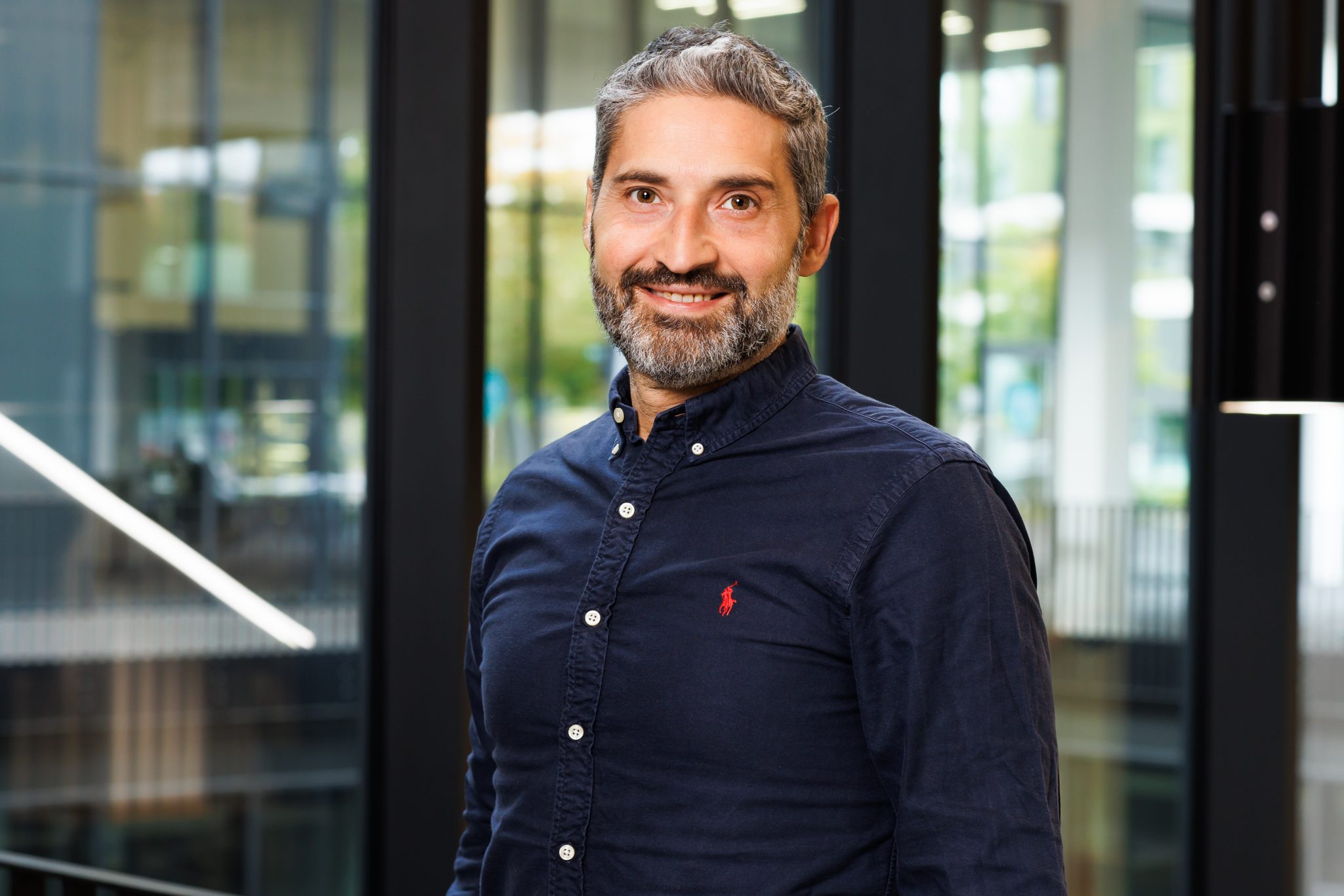
What are your objectives for the next years to come?
I am very excited and motivated to take this leading role. The Department of Engineering has the ambition to take a central role at the Faculty and the main challenge will be to adapt to a very dynamic and challenging situation in research and education, which constantly evolves based on national and global trends.
We aim to become even more multidisciplinary and pursue five objectives in the next year:
- consolidating and further increasing excellence in research
- rethink our study programmes to offer timely and relevant content that better aligns with research
- strengthen outreach activities and the collaboration with other departments, research institutes and the industry
- enhance our research and teaching infrastructure and technical support while
- encouraging and fostering diversity and inclusion in all our activities.
I will do my best to transmit my enthusiasm ultimately contribute to the team spirit we have created in the last years.
Department of Life Sciences and Medicine
Prof. Serge Haan has been elected as the new Head of the Department of Life Sciences and Medicine (DLSM).
His vision for the future is to nurture a dynamic academic and research community centered on innovation, collaboration, and excellence.
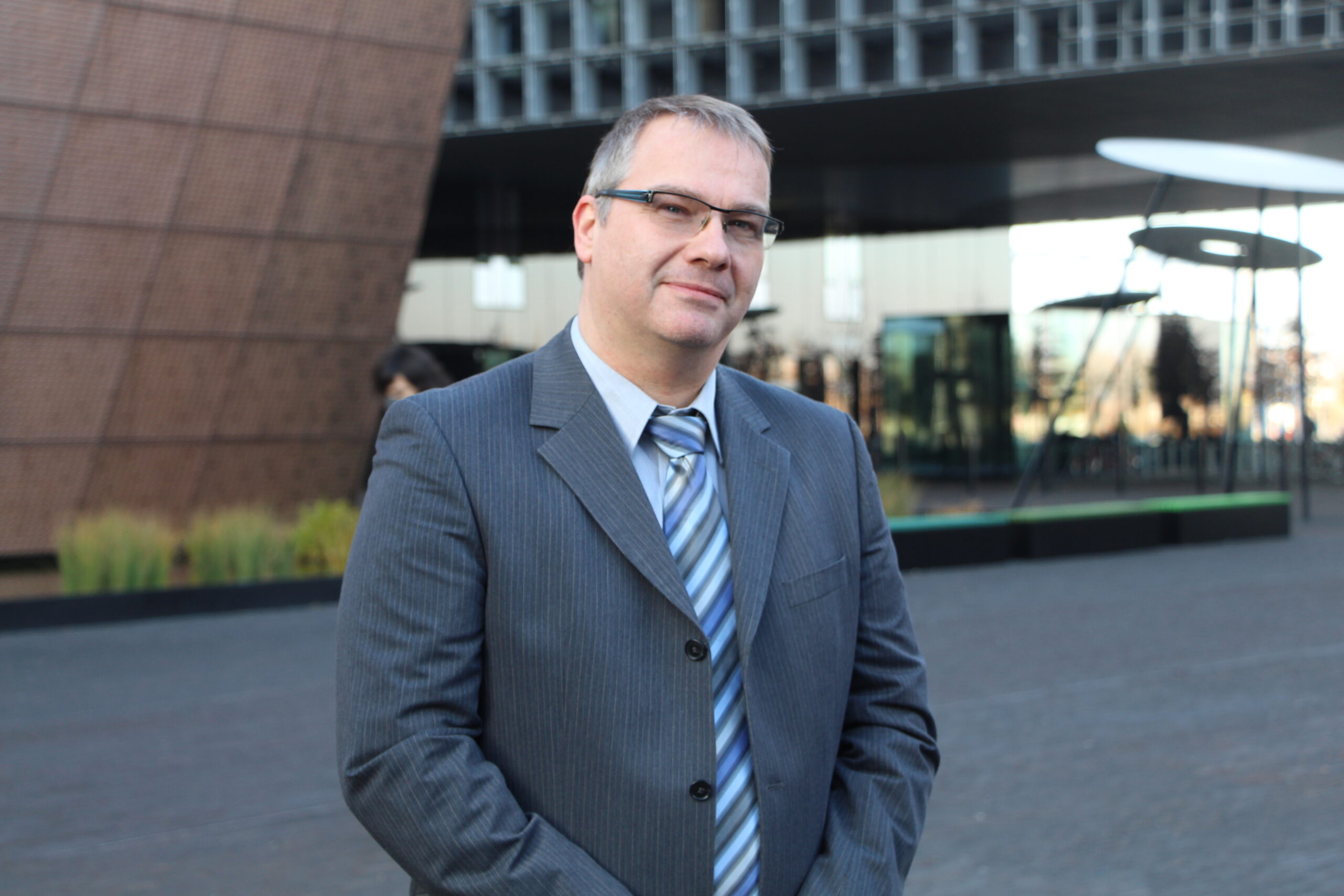
How do you envision the 5 years to come?
Over the next five years, our primary focus will be restructuring our department, which encompasses three main domains: Life Sciences, Medicine, and Nursing/Midwifery/Allied Health professions. We are committed to developing and consolidating high-quality educational programs within the health sector while fostering meaningful interactions among students across these diverse disciplines. The training of health professionals responds to a national need, and we are dedicated to this mission. Of course, we also aim to further develop our research activities within these areas, leveraging the advantages of interdisciplinary cooperation. Our mission in this regard is to perform high quality and meaningful basic and translational research.
While this endeavour presents significant challenges, we recognise that we cannot achieve this alone; establishing a robust network of national collaborators is essential. This collaborative approach will not only enhance our educational and research capabilities but also position our department at the forefront of advancements in health education and research. Our ultimate goal is to cultivate a vibrant academic and research community that thrives on innovation, collaboration, and excellence.
Department of Mathematics
Prof. Giovanni Peccati has been reelected for a new mandate as Head of the Department of Mathematics (DMATH).
He will continue to support the department in remaining a beacon of excellence within the university, leading by example in research, education, and outreach.
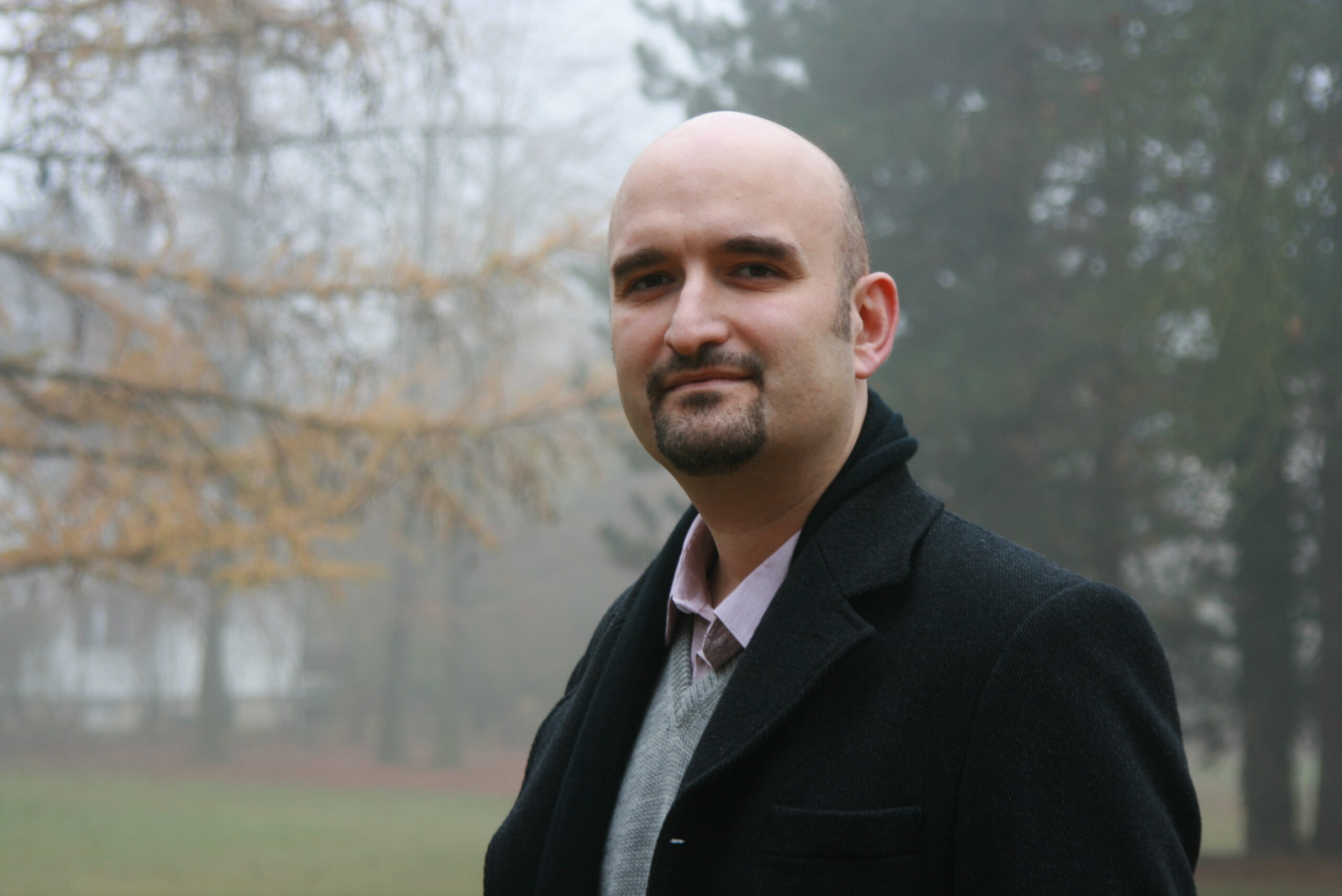
How do you reflect on the past five years?
Over the past five years, DMATH has significantly expanded its expertise, particularly in Data Science, with the high-profile recruitments of Yannick Baraud, Christophe Ley, and Mark Podolskij, and in Partial Differential Equations and Mathematical Modeling, where we were privileged to welcome Franck Sueur, a top international expert in the field. Simultaneously, we have strengthened our established areas of excellence, notably in Algebra, with the addition of Sarah Scherotzke and Pieter Belmans, both internationally recognised experts; Geometry, where we recently made the high-profile hire of Karin Melnick; as well as Analysis, Number Theory, and Probability, further solidifying our position as a leading mathematical centre. Our researchers have been exceptionally successful in securing competitive funding, including an ERA Chair, an ERC Consolidator Grant, and several Marie Skłodowska-Curie Fellowships. We have also produced high-impact, visible publications across a wide spectrum of mathematical disciplines. Additionally, DMATH professors are recognised as impactful actors in the international mathematical community, actively serving on scientific committees, editorial boards, and scientific boards and driving the development of the discipline at multiple levels. Beyond our research achievements, DMATH has demonstrated a strong commitment to empowering early-career researchers, providing an environment where PhD students and postdocs can thrive. Through mentoring, funding opportunities, and international collaborations, we have actively supported the next generation of mathematicians in developing their careers and visibility. DMATH has also played a key role in education, notably through the creation and management of successful teaching programmes, including our Master in Data Science, one of the university’s flagship programmes. Moreover, we have developed an extraordinarily rich and original outreach activity, which stands out as truly unique even by global standards.
What are your priorities for the next years to come?
- Strengthening and further increasing the visibility of all our areas of excellence
- Expanding into two key emerging fields: Statistical Learning and Computational Mathematics, reinforcing DMATH’s role in the evolving interdisciplinary landscape of AI, the data science revolution, computational mathematics, and their many ramifications, e.g., towards health or sustainability-related issues.
- Enhancing our already strong performance in European and national third-party funding, ensuring our research remains competitive and well-supported at the highest level.
- Continuously refining and optimising our teaching programmes, keeping them dynamic, forward-looking, and attractive to students.
- Sustaining the momentum of our outreach efforts, further expanding public engagement and positively influencing the societal perception of mathematics and science.
Department of Physics and Materials Science
Prof. Daniele Brida has been elected as the new Head of the Department of Physics and Materials Science (DPhyMS).
One of his primary goals? To enhance public engagement with research in Physics and scientific education, both areas that often lacks sufficient attention.
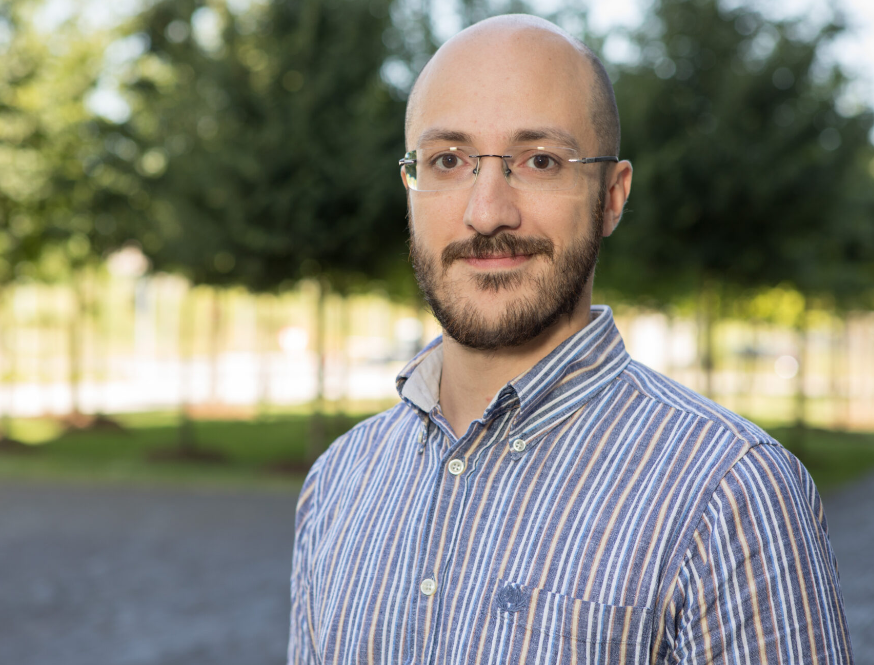
What are your challenges as the new Head of Department of Physics?
The next five years are going to be interesting for the Department of Physics and Materials Science. The main issue is highlighting research in Physics and scientific education in the public discourse within Luxembourg as important building blocks for the future of Europe. Physics can provide a lot of answers to modern societal challenges that span from important issues on sustainability, with a paradigmatic change needed on the harnessing of natural resources in a complex geopolitical scenario, to important technological revolution like artificial intelligence and quantum computers. Our department, with its expertise in several domains connected to such global themes and its striving for excellence in research, can be an engine for innovation in shaping the future of Luxembourg for the next decades.
Important efforts will also concentrate in sustaining the alphabetisation of the public in scientific thinking via several dissemination initiatives with the final goal to support the often overlooked education in natural sciences. On a more practical level, the main priority of DPhyMS for the next years will be the finalisation of the new building and the move of the laboratories in the main campus in Belval thus rejoining the rest of the university and increase the potential for interdisciplinary collaborations.
